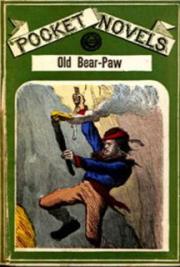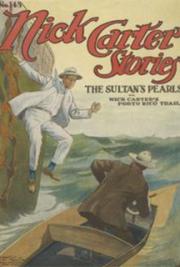CHARACTER: JULIUS CAESAR
Despite being the title character in this play, Julius Caesar is less interesting and not as deeply developed as either Brutus or Cassius. The firmness or stubbornness of his character makes him, to some extent, nearly two-dimensional. Yet, Shakespeare raises the character above the two-dimensional level by giving Caesar an indecisive attitude and certain contradictions. The reader should especially note the following qualities of Julius Casear: (1) his hubris or hybris – excessive pride, (2) his love of flattery, (3) his fear of Calpurnia’s dream while attempting to remain fearless, and (4) his decision to ignore omens yet having mixed feelings regarding a belief in destiny. Caesar’s use of the Northern Star simile (Act III, 1: 60) to describe himself is also noteworthy.
Caesar sees himself as a star or constellation, as a god. The simile indicates his pride, yet the audience can see that Caesar is not as constant as the Northern Star when he first decides to stay at home to satisfy his wife’s (and his own fears) but quickly changes his mind when he is urged by Decius to interpret his wife’s dream in a positive way.
THEMES
The following ideas and concepts suggest some of the possible themes in the play.
jealousy friendship kingship / rule freedom destiny tragedy honor moral dilemma guilt hubris / excessive pride |
idealism stoicism mob fickleness power virtue free will fate / destiny public zeal love |
Although all of these issues are significant in the play, the reader should keep in mind that this is essentially a play about Brutus and the tragic decision that he faces. Brutus cannot win. Thus, he is suffering from a severe moral dilemma that involves his notions of friendship, kingship, honor, idealism, and public zeal. These feelings move him, reluctantly, to undertake an action that is immoral and corrupt. And that action then leads or progresses to his own inevitable sense of guilt and blame.
FROM THE CRITICS
Katherine E. Maus in The Norton Shakespeare (p. 1526):
“In England in 1599 … Queen Elizabeth I … at sixty-six … was a very old woman by Renaissance standards. … It was unclear who would succeed her. … In a state in which censorship made direct commentary on contemporary political affairs virtually impossible, the story of Caesar’s death and its calamitous aftermath provided an opportunity to reflect, at a suitably prudent distance, upon what might happen when accepted methods of allocating and transferring sovereign power disintegrated.”
Harold Bloom
in Shakespeare: The Invention of the Human (p 104):
“Julius Caesar … was a great favorite in school use in those days, because it is so well made, so apparently direct, and so relatively simple. The more often I reread and teach it, or attend a performance, the subtler and more ambiguous it seems, not in plot but in character.”
Joseph Rosenblum
in A Reader’s Guide to Shakespeare (p. 169):
“Julius Caesar marks the advance of Shakespeare’s artistry in its use of dramatic irony. In this play, the Shakespearean audience itself almost becomes a character in the drama, as it is made privy to the knowledge and sympathies not shared by all the characters on the stage. This pattern occurs most notably in Decius’ speech interpreting Calpurnia’s dream, showing the ability of an actor to move men to action by well-managed duplicity.”
Frank Kermode
in The Riverside Shakespeare (p. 1100):
“It has long been commonplace that Brutus is a kind of sketch for Hamlet; but now it is almost as equally commonplace that Shakespeare … could hardly have brought to his play about the great crisis of Roman history and institutions a mind void of political interests. One consequence of this trend is that Julius Caesar, so lucid at first reading, has recently, and more than once, been called one of the most difficult of Shakespeare’s plays to assess and interpret.”







